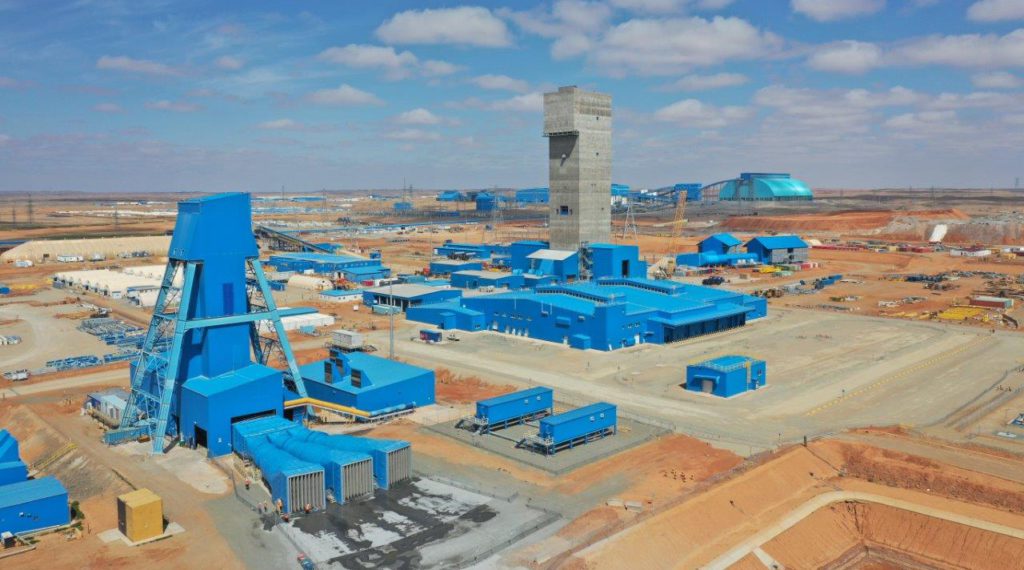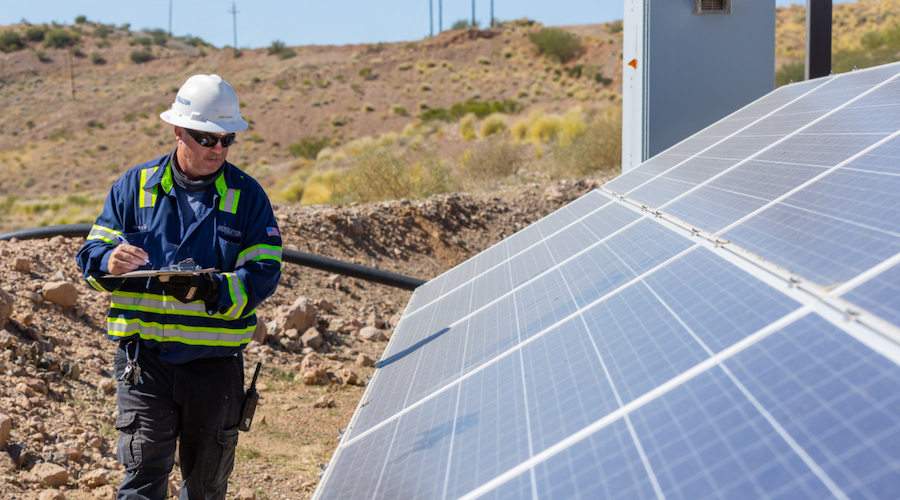Rio Tinto open to major acquisitions to meet copper goals

Rio Tinto (ASX, LON, NYSE: RIO) said on Wednesday it would contemplate a significant copper acquisition if it added exceptional value, but noted that buying quality assets in the current “hot market” would be “seriously” expensive.
The world’s second largest miner has been concentrating on expanding its copper business based on anticipated strong demand surpassing available supply of the energy transition metal.
Rio Tinto, which has long said building mines is a better option for growth than buying assets, seems to be changing its tone as main rival BHP moves to consolidate the sector.
Chief executive Jakob Stausholm said he is not ruling out looking at large takeovers in the copper sector now that Rio has reached an “inflection point”.
“Our ambition is to deliver around 3% of compound annual growth [in copper output] from 2024 to 2028 from existing operations and projects,” he noted during the first-half results call.
Chief executive Jakob Stausholm is not ruling out looking at large takeovers in the copper sector now that Rio Tinto has reached an “inflection point”.
Stausholm confirmed that the company’s copper equivalent production is on track to grow by about 2% this year and noted the company is in a “strong position” to deliver on a number of large projects that would drive future growth.
When it comes to the orange metal, Rio is counting on Oyu Tolgoi’s underground copper mine in Mongolia to make it the world’s fourth-largest copper operation by 2020.
“Oyu Tolgoi’s conveyor is now 97% complete and commissioning is expected in September. The conveyor is critical to ramp up production, so this is really a turning point now for our copper business,” Stausholm said.
The mine, which began as an open pit in 2011, added underground production last year, and it is expected to deliver half a million tonnes of copper a year from 2028 to 2036.

Rio’s top boss also said he remained confident that construction of the Resolution copper mine in Arizona, which it is developing with BHP, would proceed despite opposition from some Indigenous and environmentalist groups.
The company has pledged to follow United Nations principles that require full consent from Indigenous groups for mining on traditional lands in the wake of its destruction of significant rock shelters in Western Australia for an iron ore mine in 2020.
“We are making real progress there,” Stausholm said. “I think it’s a prospect that will happen but I can’t give you a timeline.”
The company is said to be under “immense pressure” from the US government to develop Resolution, as the asset holds a quarter of the country’s known copper reserves.
Partnering up
Rio Tinto’s copper growth includes strategic alliances with producers of the coveted metal. One of its partners is Chile-owned copper miner Codelco, the world’s largest producer, which has seen output decline to a 25-year low and is desperate to find new commercially viable deposits.
The mining giant also has a venture with First Quantum Minerals (TSE: FM) to unlock the development of the La Granja project in Peru, which currently ranks as the fifth largest copper project in the world.
Rio Tinto is also hoping to recover copper from tailings and is testing its Nuton bioleaching technology in partnership with Arizona Sonoran Copper (TSX: ASCU).
Nuton is the product of nearly 30 years of in-house research and development, and it seeks to deliver carbon- neutral copper. Rio estimates it can deliver 0.4 tonnes of Co2 equivalent for Scope 1 and 2 emissions per tonne of Nuton copper produced, compared to 5.2 tonnes of C02 equivalent as per standard, conventional primary copper production.
{{ commodity.name }}
{{ post.title }}
{{ post.date }}




Comments